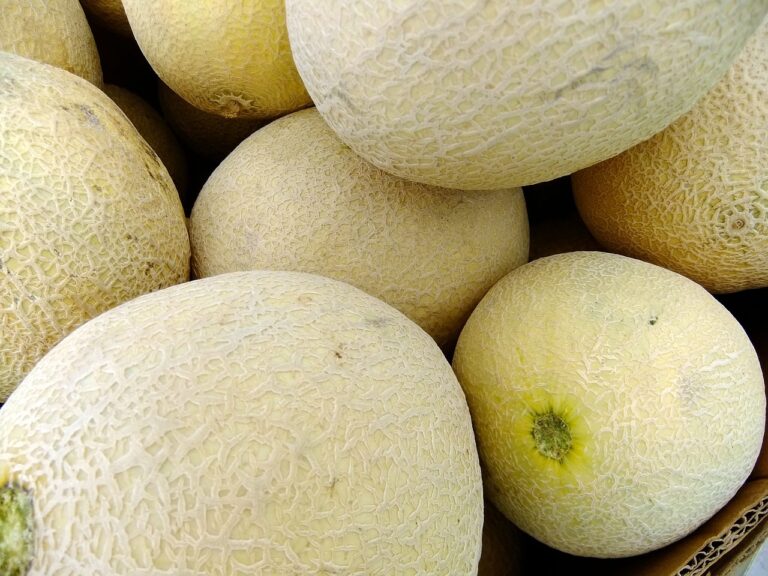The Role of Nutrition in Skin Health
The foods we consume play a crucial role in maintaining the health and appearance of our skin. One essential nutrient for healthy skin is vitamin C. This powerful antioxidant helps in collagen production, reduces skin inflammation, and protects against sun damage and premature aging. Foods rich in vitamin C include oranges, strawberries, kiwis, and bell peppers.
Another vital nutrient for skin health is vitamin E. This antioxidant helps in protecting the skin from harmful UV rays, promoting skin healing, and maintaining skin elasticity. Sources of vitamin E include almonds, sunflower seeds, spinach, and avocados. Incorporating these nutrients into your diet can help you achieve radiant and healthy skin.
Impact of hydration on skin health
Hydration plays a crucial role in maintaining the health and appearance of our skin. Our skin is made up of cells that require water to function optimally. When the body is well-hydrated, the skin appears more plump, radiant, and supple. Dehydration, on the other hand, can lead to dryness, flakiness, and a dull complexion. By drinking an adequate amount of water each day, we can help our skin to stay hydrated from the inside out.
In addition to drinking water, using hydrating skincare products can also support skin health. Moisturizers and serums containing ingredients like hyaluronic acid, glycerin, and ceramides can help to lock in moisture and prevent water loss from the skin. Including these products in a daily skincare routine can enhance the skin’s ability to retain moisture and promote a healthy skin barrier.
Why is hydration important for skin health?
Hydration is important for skin health because it helps to maintain the skin’s moisture barrier, which in turn helps to prevent dryness, irritation, and premature aging.
What are some nutrients essential for healthy skin?
Some nutrients essential for healthy skin include Vitamin C, Vitamin E, Omega-3 fatty acids, and antioxidants like Vitamin A and selenium.
How does dehydration affect the skin?
Dehydration can cause the skin to become dry, tight, and flaky. It can also make the skin look dull and aged, and can exacerbate skin conditions like acne and eczema.
How much water should I drink to keep my skin hydrated?
It is recommended to drink at least 8-10 glasses of water per day to keep your skin hydrated. However, individual water needs can vary based on factors like age, weight, and activity level.
Can I improve my skin’s hydration through my diet?
Yes, you can improve your skin’s hydration through your diet by consuming foods rich in water content, like fruits and vegetables, as well as foods high in essential fatty acids and antioxidants.





